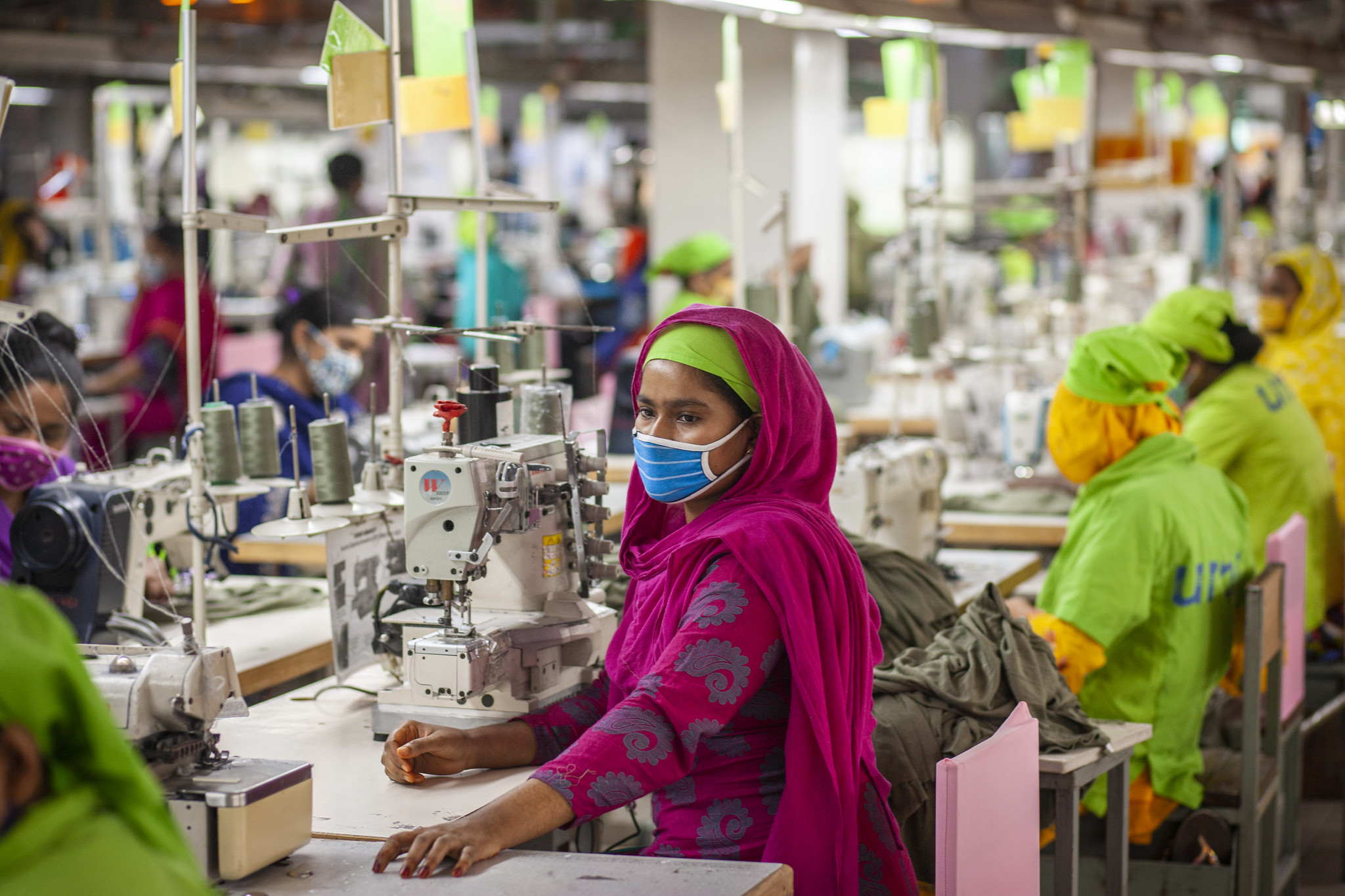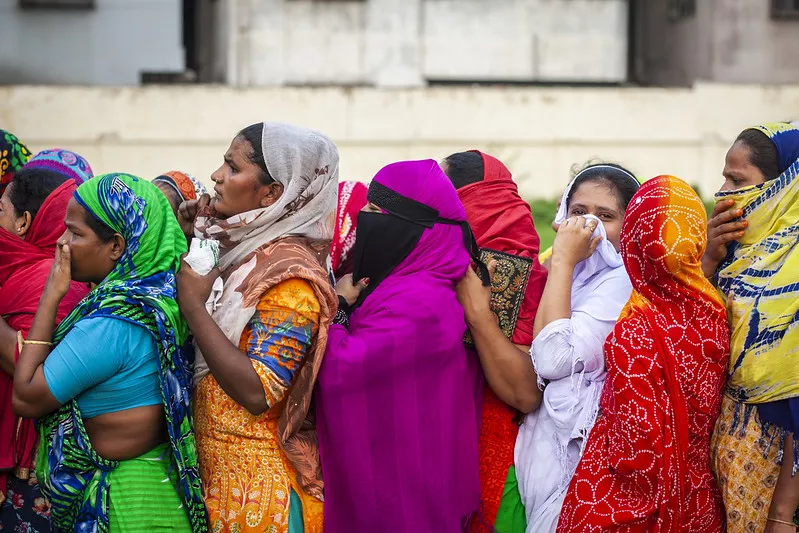The shadow pandemic of gender-based violence
Violence against women and girls has been a ‘shadow pandemic’ worldwide, with lockdown, economic stress, and mental illness combining with a lack of access to protective services to intensify an enduring crisis.
As part of the IDS Covid-19 Learning, Evidence and Research (CLEAR) programme, Maheen Sultan, Pragyna Mahpara and Fariha Tasnin of the Gender and Social Transformation Cluster at the BRAC Institute of Governance and Development undertook a scoping study of what COVID-19 has meant for the ongoing disaster of violence against women and girls in Bangladesh.
The study uncovered a range of estimates suggesting rising rates of violence, but noted the data were mostly based on media coverage of reported incidents and of mixed quality. At a time when women’s mobility was even more sharply curtailed and service-providers were not available, it is reasonable to assume reported rates of violence under-estimated actual levels of violence.
Importantly, however, the study also found that some of these estimates had been acknowledged by government actors, who made or supported efforts to raise awareness about remedies for victims of violence.
What we don’t know
The study drew on the (highly uneven) existing data sources on violence against women and girls, reviewed over 100 documents, reports and studies, and interviewed experts and policymakers. It looked into what was known about domestic violence, rape, violence in public spaces, online gender-based violence, workplace sexual harassment, violence against women in marginalized groups (women with a disability; minority ethnic groups), and violence faced by adolescents.
The study points out important methodological questions and gaps in the available data. A national baseline survey of violence against women and girls had not been followed-up, and so could not serve its purpose in estimating change and informing policy. Interviews with members of community groups and NGOs indicated that more violence at home was a growing concern for many.
Human rights groups found reported rapes were also on the rise, as were deaths and murders of raped women and children. But the report reminded us of the need to be cautious with these statistics of horror: there are many reasons why they may not reflect a fresh wave of violence as much as rising awareness of how and why to report crimes.
There was some evidence that both adolescent girls and boys had been subject to greater violence at home and in public, respectively, and of rising levels of cyberviolence against women online. But nothing was known about levels of workplace and street harassment, or of violence against women with disabilities, religious or ethnic minorities, trans people or sex-workers. As targets and sites of violence in non-COVID times, this silence may well conceal a worsening of conditions.
Short-term coping, permanent harm
There has been no shortage of tragic and moving stories about what COVID-19 has meant for young people all around the world. But Manusher Jonno Foundation’s Shaheen Anam writing about the young girls pushed into marrying early brought one devastating fact home: in their efforts to cope with a crisis like COVID, people sometimes act in ways that lead to permanent harm. Early marriage in Bangladesh was already a national epidemic, and one of the major reasons Bangladesh will fail to meet Sustainable Development Goal 5 on gender equality.
Violence against women and girls is a public health crisis on top of a pandemic. But this very well-organized study points directly to the kinds of data needed to track violence and inform policy responses. Government agencies and service-providers in particular need to proactively disclose data about rates of violence and service-provision. They need this to meet their own policy goals, but also so that the women’s movement can continue its fight for women and girls to live without daily fear of violence.

